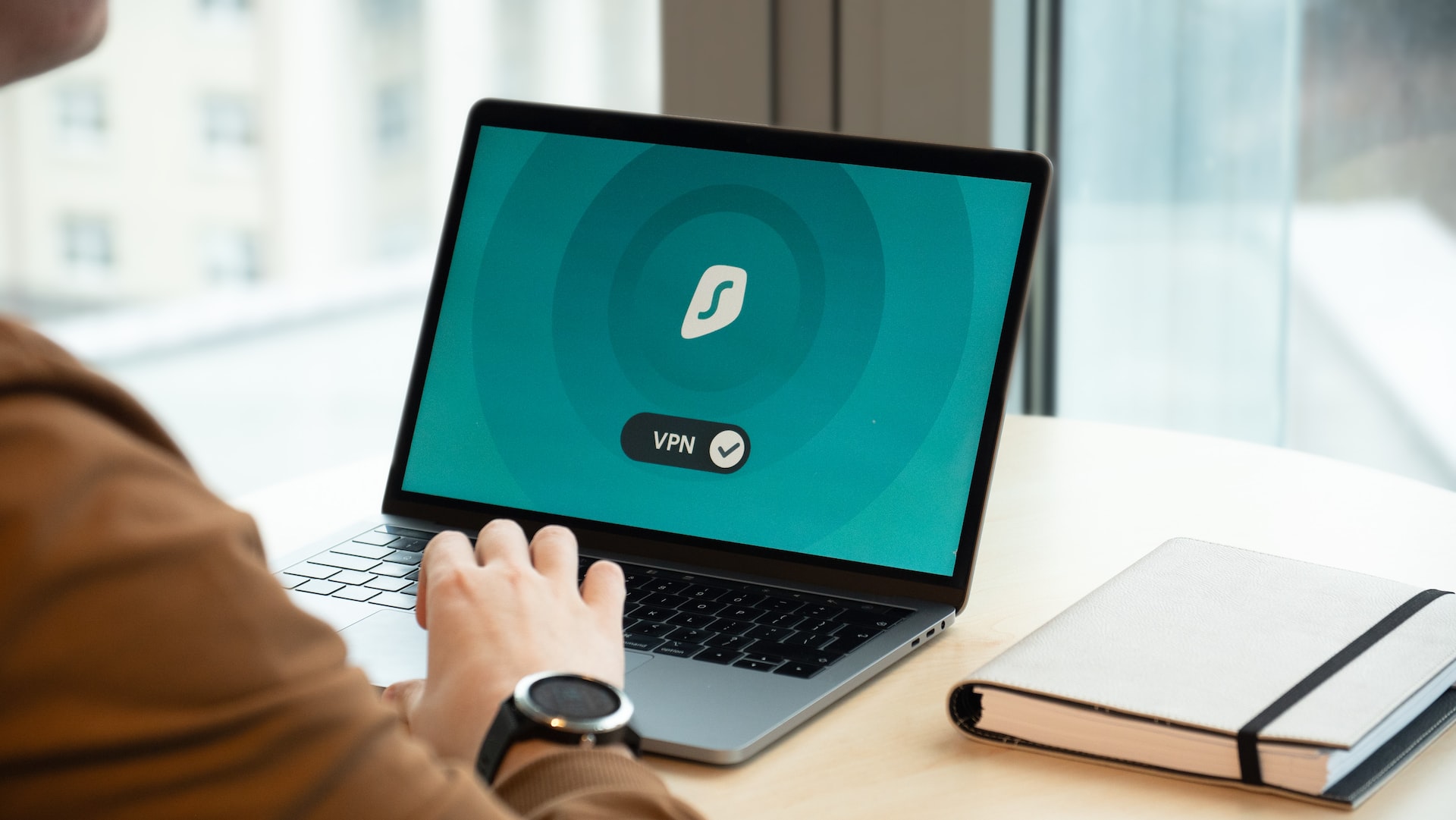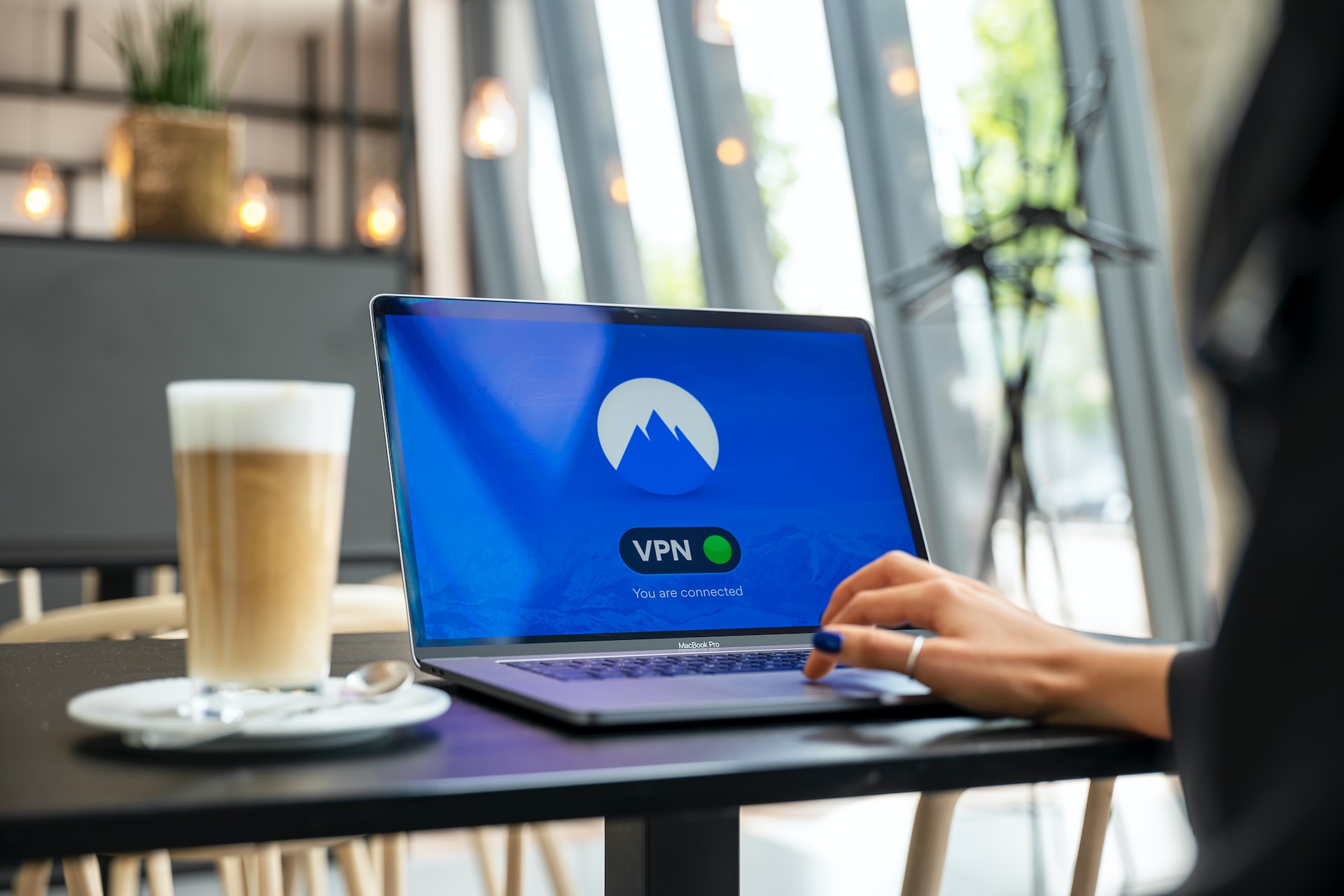Do you value your online privacy and don’t want to be monitored on sites you are visiting? Do you want reliable online protection? Then this article is perfect for you.
Did you know that 37% of all sites have non-secure cookies? And that number is on the rise. With this in mind, many concerned users often choose different online protection methods. The most popular ones are Tor and VPN.
Both Tor and VPNs are network technologies built to secure your online privacy. Although their roles often overlap, there still are some vast differences. This article will go through the Tor browser and VPN. All you have to do is to choose the most suitable for you, and you’re good to go.
Tor Browser

“The Onion Router”, shortly known as Tor, is a not-for-profit organization developing tools for online protection. The Tor browser masks your online identity by transferring your traffic to various servers. On top of that, the transmitted data is encrypted, so the Tor browser also hides your movements.
What Is VPN?

On the other hand, a VPN, which stands for “Virtual Private Network”, is a service that secures your internet connection and protects your online privacy. A VPN masks your IP address by redirecting your network to a specifically constructed remote server managed by a VPN host.
VPN acts like a filter that transforms your data into nonsensical data. In simpler terms, if you are browsing the Internet with your VPN, that server becomes your data source. That way, it is untraceable by ISP (Internet Service Provider) and secured.
Main Differences Between Tor and VPN

The internet connection is commonly not encrypted by default. That leaves your device and your data exposed to ISP and third-party sites. However, using either Tor or a VPN, your data will be encrypted and rerouted through proxy servers. On top of that, your IP address and location will also be masked.
One of the significant differences is that a VPN is centralized while Tor is not. Centralized services, in this case, VPN providers, control connections. Sometimes those VPN providers are private companies. VPNs provide solid security, but users have to trust VPN providers.
Tor, on the other hand, is decentralized. No one owns the Tor or manages the connections. Moreover, it is operated by thousands of volunteers. While using Tor, your connection is put through a random server each time you visit a new website.
However, your data while using Tor is sent through more than three randomized relays, encrypted once per every relay. This process is known as onion routing. Tor’s downside is that using many encrypting layers slows down the speed of your connection and is not available for all operating systems.
VPNs are user-friendly and, thanks to a simpler routing scheme, are faster than Tor. Many VPNs use a single proxy server. Your data is encrypted on your device, then sent to a VPN server, where it gets decrypted.
Furthermore, premium VPNs provide advanced protection, such as Smart DNS service, double VPN, and a Kill Switch. However, often those premium VPNs are high-cost. As a user, you must rely on your VPN provider as your data passes through several servers.
Tor Browser or VPN App?

Many users opt for the Tor browser when it comes to privacy issues. This Firefox-based browser is perfect for secure and anonymous web searches. Web history is not stored, and cookies will not be stored when you close the Tor browser.
A well-built VPN app can help you protect your privacy and secure your connections. When connecting your device to VPNs, you can connect through a VPN app or use built-in clients. Nowadays, many VPN services have their apps. Some of the perfect examples are NordVPN and ExpressVPN.
Final Thoughts
Both Tor and VPN are tools that provide you with secure connections and necessary privacy. Their applications often overlap; however, there are some key differences, as mentioned above.
The choice is yours, depending on your needs. Either one will be a great asset to have for your online presence.




